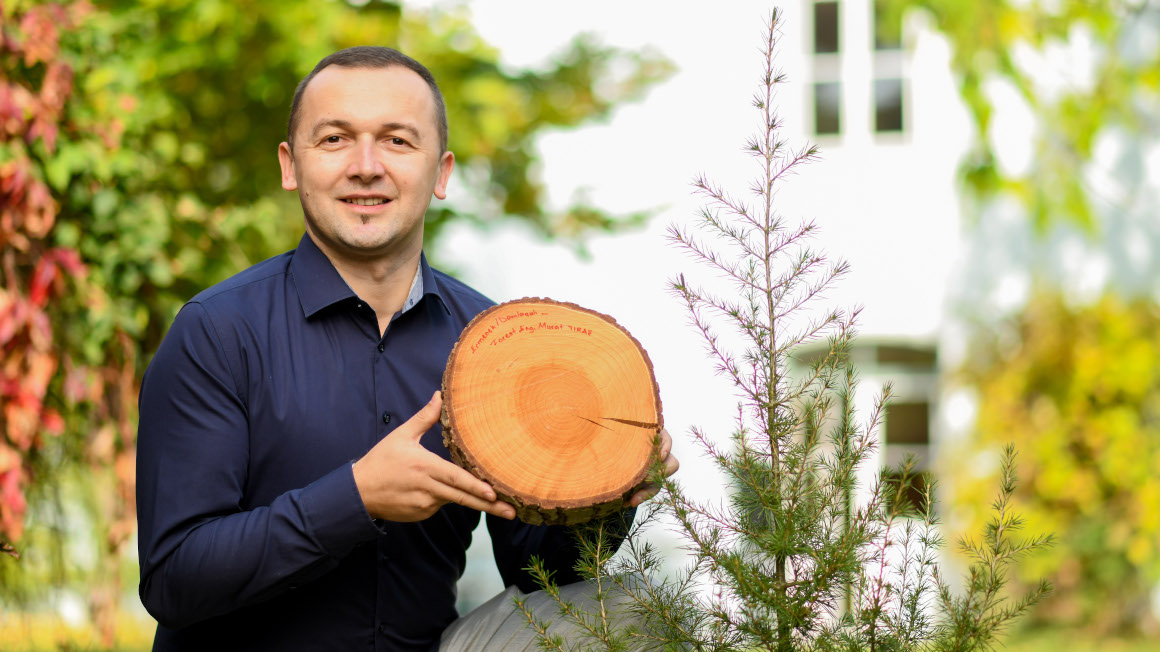Stronger forests through exotic trees
Researchers have identified drought-tolerant tree species that could better protect native forests from the effects of climate change.

Heat, drought, storms and pests have taken their toll on the forest in recent years. Spruces, pines and Douglas firs in particular are suffering massively from the ongoing drought. Reforestation is therefore a key task to make the ecosystem fit for the future. Mediterranean plants could be an alternative that will soon populate native forests, as researchers from the Bavarian Office of Forest Genetics (AWG) and the Forest Research Institute Baden-Württemberg (FVA) have shown. Over the past five years, the team has successfully searched for candidates that thrive in dry Mediterranean climates. The project was funded by the German Federal Ministry of Food and Agriculture.
Genetic origin of tree hazel and cedar explored
The project tested and evaluated the cultivation of three exotic tree species in southern Germany: tree hazel (Corylus colurna), Atlas cedar (Cedrus atlantica) and Lebanon cedar (Cedrus libani). For this purpose, the forest plant geneticists traveled to 7 different countries and examined 21 different populations of tree hazel and another 15 of the two cedar species.In addition, seed stocks were documented in the countries of origin and reference samples were genetically characterized. Based on this characterization, future seed imports of the Mediterranean tree species can now be better checked for their origin.
Tree species genetically differentiated by origin
For the tree hazel, three regions of origin - the Balkan Peninsula, Turkey and Georgia - were genetically differentiated and classified as suitable for domestic cultivation. The plant is not only tolerant to drought and frost, but also shows a high mixing ability as well as storm resistance. Atlas and Lebanon cedar too were found to be climate tolerant and suitable for cultivation in native forests.
Tree species recommended for cultivation
All three Mediterranean tree species were subsequently included in the Bavarian Forestry Commission's guideline "Tree Species for the Climate Forest" and recommended for practical cultivation trials. The exotic plants were cultivated on four trial plots in Bavaria and Baden-Württemberg and will be scientifically monitored over the next 20 to 30 years.
bb


